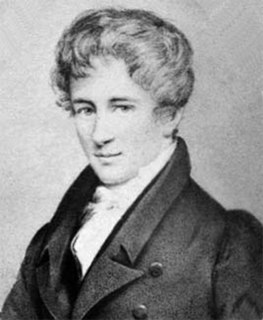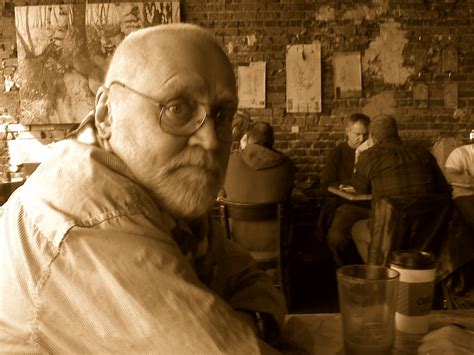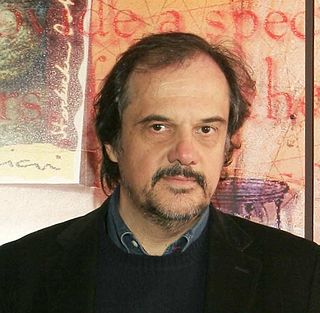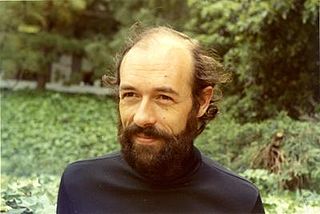A Quote by Niels Henrik Abel
The mathematicians have been very much absorbed with finding the general solution of algebraic equations, and several of them have tried to prove the impossibility of it. However, if I am not mistaken, they have not as yet succeeded. I therefore dare hope that the mathematicians will receive this memoir with good will, for its purpose is to fill this gap in the theory of algebraic equations.
Related Quotes
Mathematicians may flatter themselves that they possess new ideas which mere human language is as yet unable to express. Let them make the effort to express these ideas in appropriate words without the aid of symbols, and if they succeed they will not only lay us laymen under a lasting obligation, but, we venture to say, they will find themselves very much enlightened during the process, and will even be doubtful whether the ideas as expressed in symbols had ever quite found their way out of the equations into their minds.
If someone points out to you that your pet theory of the universe is in disagreement with Maxwell's equations - then so much the worse for Maxwell's equations. If it is found to be contradicted by observation - well, these experimentalists do bungle things sometimes. But if your theory is found to be against the second law of thermodynamics I can give you no hope; there is nothing for it but to collapse in deepest humiliation.
Mathematicians are proud of the fact that, generally, they do their work with a piece of chalk and a blackboard. They value hand-done proofs above all else. A big question in mathematics today is whether or not computational proofs are legitimate. Some mathematicians won't accept computational proofs and insist that a real proof must be done by the human hand and mind, using equations.
Mathematicians can and do fill in gaps, correct errors, and supply more detail and more careful scholarship when they are called on or motivated to do so. Our system is quite good at producing reliable theorems that can be solidly backed up. It's just that the reliability does not primarily come from mathematicians formally checking formal arguments; it comes from mathematicians thinking carefully and critically about mathematical ideas.
Grandad taught me that the alien signs and symbols of algebraic equations were not just marks on paper. They were not flat. They were three-dimensional, and you could approach them from different directions, look at them from different ways, stand them on their heads. You could take them apart and put them back together in a variety of shapes, like Legos. I stopped being scared of them.
As for mathematicians themselves: don't expect too much help. Most of them are too far removed in their ivory towers to take up such challenges. And anyway, they are not competent. After all, they are just mathematicians-what we need is paramathematicians, like you... It is you who can be the welding force, between mathematicians and stories, in order to achieve the synthesis.
What is the origin of the urge, the fascincation that drives physicists, mathematicians, and presumably other scientists as well? Psychoanalysis suggests that it is sexual curiosity. You start by asking where little babies come from, one thing leads to another, and you find yourself preparing nitroglycerine or solving differential equations. This explanation is somewhat irritating, and therefore probably basically correct.
I deliberately and consciously give preference to a dramatic, mythological way of thinking and speaking, because this is not only more expressive but also more exact than an abstract scientific terminology, which is wont to toy with the notion that its theoretic formulations may one fine day be resolved into algebraic equations.
It is more important to have beauty in one's equations than to have them fit experiment... It seems that if one is working from the point of view of getting beauty in one's equations, and if one has really a sound insight, one is on a sure line of progress. If there is not complete agreement between the results of one's work and experiment, one should not allow oneself to be too discouraged, because the discrepancy may well be due to minor features that are not properly taken into account and that will get cleared up with further developments of the theory.






































